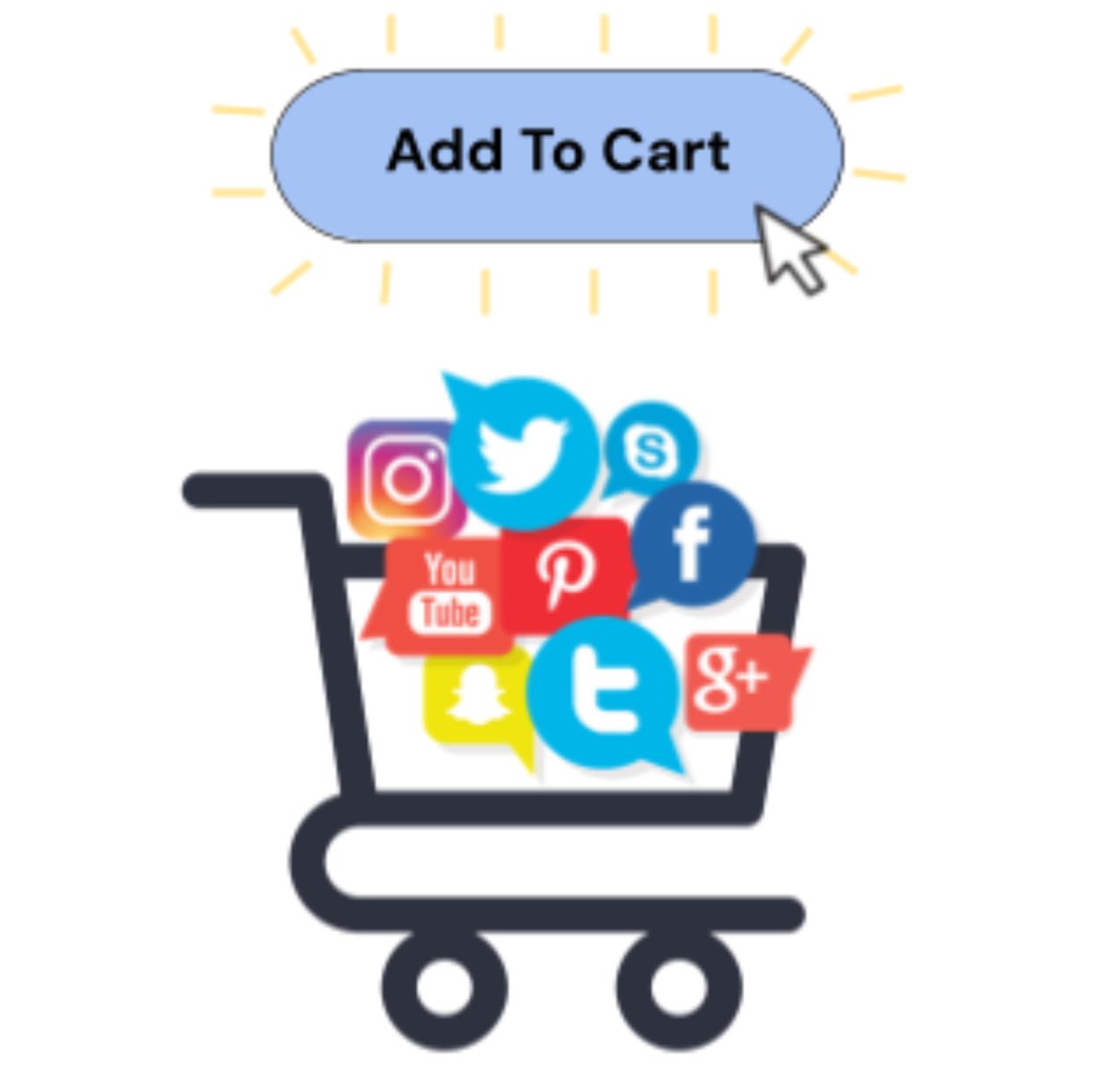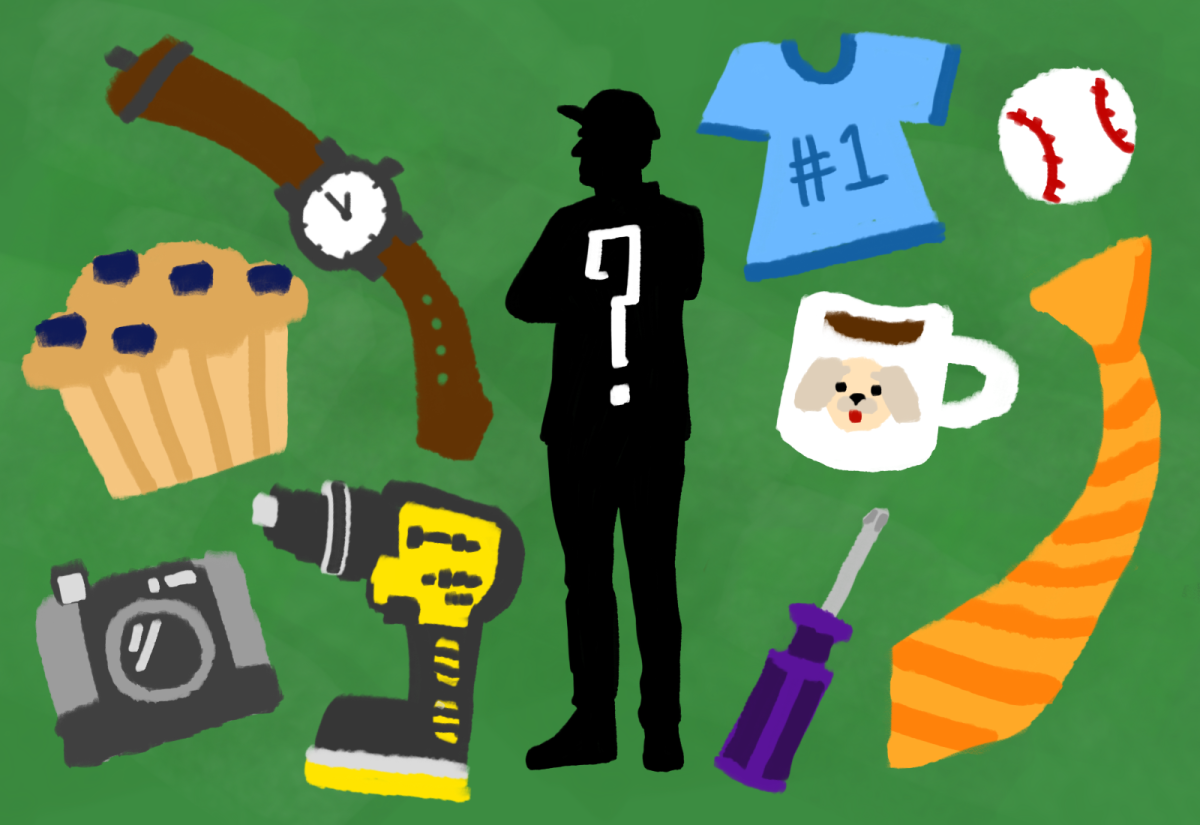It’s that time of year again. The days are getting shorter, the cold air nips at your skin, and Halloween is history. You turn the radio on and hear Mariah Carey’s “All I Want for Christmas Is You” and walk into Starbucks to see that familiar green and red cup. Holiday season is just around the corner. It’s a time to be with family—and according to the barrage of ads that seemingly follow everywhere you go, online and in person, it’s also the time to spend, whether it be on gifts or personal items. Scroll through Instagram reels and you’re faced with ten reels and twenty influencers telling you how much their lives have changed since buying the product. Switch to YouTube shorts, and ten more influencers show you a day in their life while subtly showing off the item. With social media reaching more and more people worldwide each year, companies have taken advertising on such platforms to a new level. Aside from continuing to rely on traditional ads, companies have partnered with influencers to humanize and build a community around their products. The built-in marketplaces found in most apps like Facebook, Instagram, and most recently, TikTok, allowing users to make purchases directly within the app, have only further incentivized companies to focus more attention on social media advertising. All this focus on advertising has evidently affected commerce across the U.S.: a recent study showed that 47% of consumers make purchases on social media. For the most part, I’ve been able to tune these messages out, but last week, when I suddenly found myself wanting a three-in-one cup holder with a built-in fan after watching an ad on Instagram during a ten-minute break from studying, I knew there was a problem. At that moment, I was convinced that clicking the glowing purchase button for an unnecessary item would solve all my problems, including that important test tomorrow. But why?
Turns out, I’m not alone. For many, shopping is a way to relieve stress and manage negative emotions. In a study done in 2022, college-aged students in China were found to be the drivers of the increase in country-wide online shopping, using it as a way of managing the stresses of transitioning to a college. For us students, it might be an exhausting day paired with hours on social media that causes the inexplicable urge to purchase. When faced with stress, we tend to crave strong positive feelings like happiness as well as human interaction, or the feeling of being a part of a community. Marketing teams at companies capitalize on this, creating ads that show people smiling, or deliberately associating their product with positive social interactions like parties and games. Thus, when we are stressed, we are actually more vulnerable to marketing tactics—suddenly that purchase button looks much more enticing. Yet although purchasing the item may bring a momentary burst of happiness or uplift in mood, it is often followed by feelings of guilt and additional stress. Furthermore, the boost in self-esteem and the corresponding reduction in self control from using social media make purchasing decisions for each new product that shows up on your feed even more difficult.
Unfortunately, it’s not just the blatant ads that can convince us to make purchases we don’t carefully think through. Brands have partnered with influencers to subtly promote their products and put a face to the name with some products becoming symbols of status synonymous with certain lifestyles. When we are discontent as we scroll through our feeds to see yet another influencer wearing a brand of clothing or holding their new water bottle, each un-purchased item, every left-behind digital shopping cart full of ice-cube trays and tumblers can feel like a lost opportunity of becoming a cooler, better version of ourselves. In some cases, choosing to not click the purchase button can even create FOMO or anxiety around not necessarily “fitting in,” exacerbating existing negative feelings. But choosing the opposite—to buy the item—doesn’t mean these feelings will disappear. It’s an endless cycle: there will always be newer, trendier products to buy.
With the odds seemingly stacked against us, what can we do? Everything seems to point to social media as the culprit, but with the value and positive benefits it still provides, it’s unreasonable to completely stop using it. Maybe we don’t need to have an all-or-nothing mindset; instead, we can adopt a practice of mindful consumption. First, given how much more psychologically vulnerable we are when faced with stress and anxiety, the next time you feel overwhelmed, try taking a break from technology. Talk to someone, or go for a walk through some crunchy leaves before they’re all gone. If you still find yourself with the urge to click on the ever attractive purchase button, pause for a moment. Let yourself breathe and process everything. Some questions you can ask yourself include: “Why am I buying this?”, “Do I already own something similar?”, “Can this purchase wait?”, and “Will it make a huge difference in my life if I buy this?” This way, if you end up buying the product, you know for sure that it was a conscious, mindful decision, not just a spontaneous action. Second, work towards curating a more intentional feed. Social media is filled with millions of voices crying out for your attention; by more carefully considering who you choose to follow, what kind of content you consume, if you do choose to turn to social media in times of stress, it’s more likely to be calming rather than overwhelming. Taking the time to understand the values of the people you follow as well as the brands they endorse can also help: being aware of what is sponsored and what is a genuine part of their lifestyle goes a long way in making intentional decisions and reducing feelings of discontent.
In this upcoming holiday season, embrace the presence of those around you. While social media can feel like an easy escape from the trials of daily life, spending time with loved ones is a much more rewarding way to destress. With the dark winter days approaching, we all could use some extra support and love we can’t get online no matter how many virtual shopping carts we fill up.








